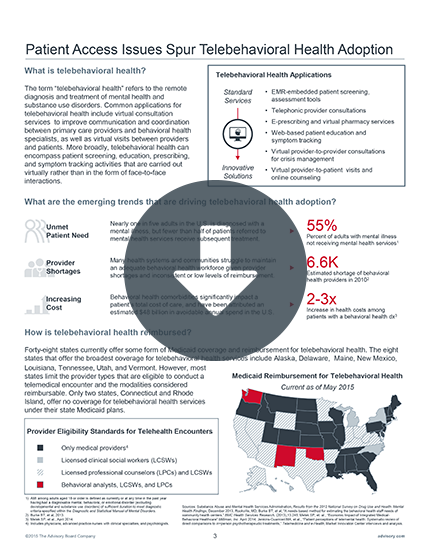Auto logout in seconds.
Continue LogoutHospital administrators and federal regulators are pushing full-speed ahead to eradicate the fax machine from health care communications, but some doctors aren't ready to give it up, Rachel Arndt reports for Modern Healthcare.
Cheat sheets: Understand interoperability, EHR optimization, and more
CMS has set the ambitious goal of making doctors' offices fax free by 2020. Proponents of the push, which include hospital and health system administrators, say the shift away from faxes is needed as provider organizations are being asked to better coordinate care and take on more risk. The amount of patient information coming in each day also continues to grow.
Thomas Lee, CMO of Press Ganey Associates, said, "There was a time when physicians felt like they should know everything," adding, "Now what they really want is to be able to look things up when they need it. Because it's impossible to know everything, you want to be able to access information."
Doctors hold tight to faxes
But three decades after fax machines were integrated into health care workflows, some providers are not yet ready to cut the strings.
Despite development of new technologies, such as EHRs, many doctors today use fax machines daily to send patient referrals, consent forms, and patient records to external organizations, Arndt reports.
And they are resistant to stopping that practice. According to Arndt, some physicians threatened to refer patients elsewhere when Mercy Health sought to require providers to send patient information digitally, rather than by fax.
One reason why providers "are loath to let [the fax] go," according to Arndt, is the lack of interoperability between EHRs.
Another factor is technology advancements that have made sending, receiving, and digitally storing faxes easier. Shafiq Rab, CIO of Rush University Medical Center, explained, "We are feeding the beast of faxing by allowing it to come in and digitizing it."
Some doctors also fear information overload, Arndt reports. When fax machines were coming into use, some physicians had concerns the machine would bring a deluge of patient information. Lee said, "That's the same reason people don't want to give up fax machines today."
According to Arndt, electronically sending patient information that can be easily incorporated into an EHR gives providers the information they need in discrete data elements, saving provider and staff time parsing faxed documents.
Health care's paper-digital limbo
Steven Posnack, executive director of the Office of the National Coordinator for Health IT's Office of Technology, said the industry is currently "in that in-between period where we have a paper-based health care system and an electronic-based health care system." He added that faxing "still appears to be the easy choice" because the process is simple for the sender. However, for the receiver, "[t]hey have a big cognitive load."
According to J.D. Whitlock, CIO at Dayton (Ohio) Children's Hospital, the hard part is going to be figuring out "what to do about these 'lowest common denominator' practices that are not getting signed up for direct addresses and connected to their local" health information exchange. "How can we come together as an industry to make it as reasonably easy for these independent practices as it is for larger systems?" he said.
Health systems can't cut fax machines out cold turkey, Lee said. "You have to set a date and create a work plan." However, Lee added that he thinks it can happen. "I'm optimistic we can do this type of thing, because look at EHRs. There was a lot of angst, but we got there," he said (Arndt, Modern Healthcare, 9/29).
Oct. 17 webconference: A crash course in health care IT for non-IT leaders
You don't need to be an IT expert to reap strategic benefit from technology. Join our 30-minute session to learn about critical health IT capabilities and the rise of digital-enabled strategies in health care.
Don't miss out on the latest Advisory Board insights
Create your free account to access 1 resource, including the latest research and webinars.
Want access without creating an account?
You have 1 free members-only resource remaining this month.
1 free members-only resources remaining
1 free members-only resources remaining
You've reached your limit of free insights
Become a member to access all of Advisory Board's resources, events, and experts
Never miss out on the latest innovative health care content tailored to you.
Benefits include:
You've reached your limit of free insights
Become a member to access all of Advisory Board's resources, events, and experts
Never miss out on the latest innovative health care content tailored to you.
Benefits include:
This content is available through your Curated Research partnership with Advisory Board. Click on ‘view this resource’ to read the full piece
Email ask@advisory.com to learn more
Click on ‘Become a Member’ to learn about the benefits of a Full-Access partnership with Advisory Board
Never miss out on the latest innovative health care content tailored to you.
Benefits Include:
This is for members only. Learn more.
Click on ‘Become a Member’ to learn about the benefits of a Full-Access partnership with Advisory Board
Never miss out on the latest innovative health care content tailored to you.

